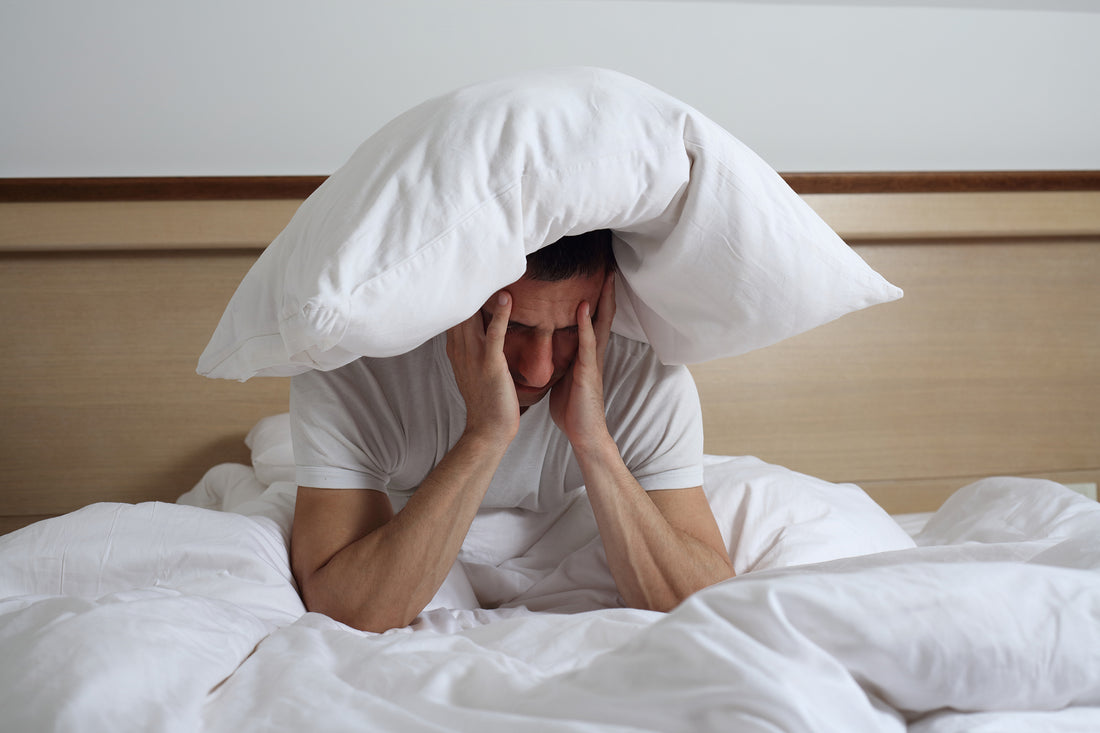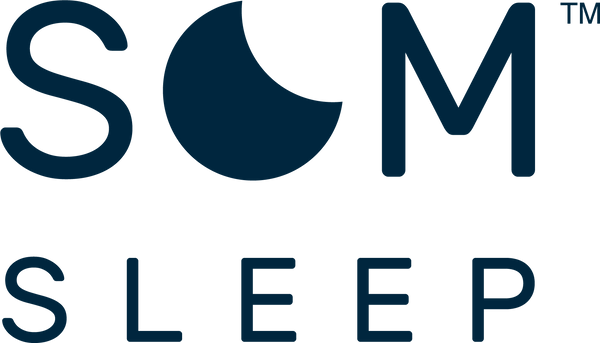
The CDC Has Officially Declared Sleep Deprivation a Public Health Crisis
Team SomShare
Ebola, swine flu, and bird flu have caused public anxiety and panic over the years. In response, individuals frequently wash their hands, they may even wear face masks, and hand sanitizer can be found every ten feet. However, despite growing coverage of the physical and mental burdens caused by chronic short sleep, the public still tends to ignore this growing health crisis.
Most people don’t prioritize sleep because they haven’t yet internalized its critical importance to virtually every aspect of well-being. As a result, one-third of adults are not getting enough sleep and 80% of adults report having sleep issues. The impacts are huge on both the personal and national levels. Sleep issues result in 1.23 million lost days of work each year, sucking approximately $400 billion annually out of the US economy. It is no surprise then, that the CDC has officially declared sleep deprivation a public health crisis.
What is the CDC? Well, the CDC, or Center for Disease Control and Prevention, is a federal agency that promotes and strives to improve public health. The CDC has a variety of responsibilities, ranging from conducting health-related studies, to responding to health crises, and disseminating important health information to the public. By declaring sleep deprivation a crisis, the CDC highlights the importance of sleep in the public eye, increasing awareness and driving the public to take action. Lack of sleep hinders energy, mood, focus, and work performance. It can contribute to depression, lower grades, and unhappy relationships. As the CDC’s official designation shows, sleep deprivation is not an issue the public should take lightly and everyone should strive to improve their quality of sleep.
What can you do to fight sleep deprivation? The CDC recommends figuring out how much sleep you need and then tracking your sleep patterns. There are tons of apps and devices on the market that can help you keep track your sleep and make improvements. The CDC also suggests sticking to a consistent sleep schedule every day, even on the weekends. This means waking up and falling asleep the same time every night and morning. Finally, they note alcohol and excess light can keep you awake at night. Even though alcohol can make you feel sleepy, it can also lead you to waking up more frequently throughout the night. Blue light, the kind emanating from your phone, TV or tablet, suppresses production of the body's natural sleep hormone, melatonin. Be sure to put the screens down and dim the lights to properly prepare for deep, restorative sleep.
If you really want to avoid this national health crisis, you should also consider investing in a convenient sleep supplement like Som Sleep. Made with melatonin, magnesium, and other ingredients to facilitate the natural process of sleep, Som Sleep helps you drift off to sleep and wake up in the morning feeling energized and ready for the day.
So, fight the national sleep health crisis the same way you fight Ebola, swine flu, or bird flu. Don’t ignore the critical importance of sleep. Instead, take action to improve your health and happiness through great sleep, share your successes to inspire others, and do your part to end the public health crisis of sleep deprivation.
